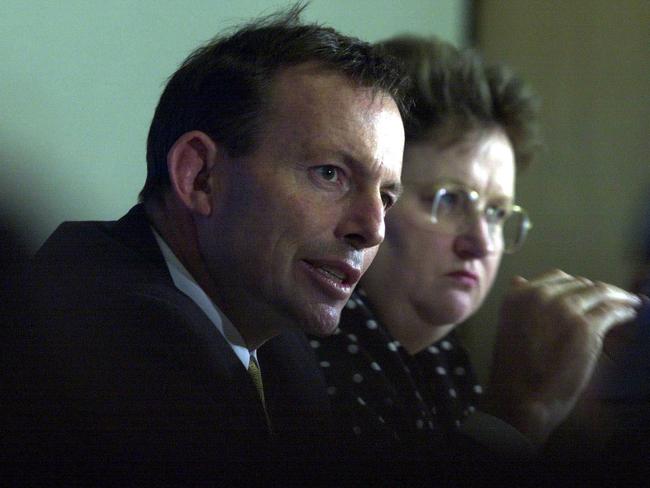
‘Mutual obligation’ at the centre of welfare overhaul
The 2001 cabinet examined ways to create more ‘mutual obligation’ as it looked to encourage more Australians off welfare and into work, the cabinet papers reveal.

The 2001 cabinet examined ways to create more ‘mutual obligation’ as it looked to encourage more Australians off welfare and into work, the cabinet papers reveal.
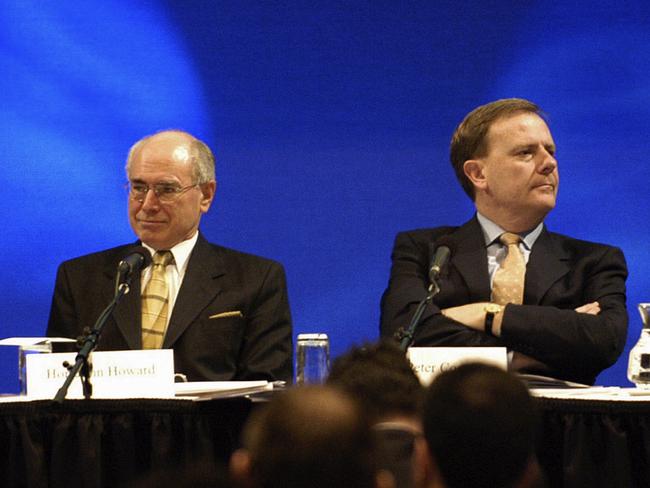
Two events combined convinced the then treasurer to accept the ‘reality’ that John Howard would not hand over the reins in the Coalition’s second term.
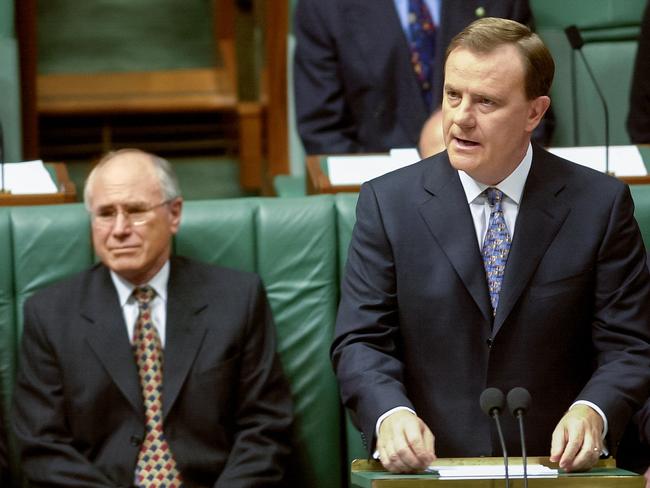
Fiscal discipline was enforced as the treasurer aimed to show a surplus of 2 per cent of GDP after an unexpected deficit.
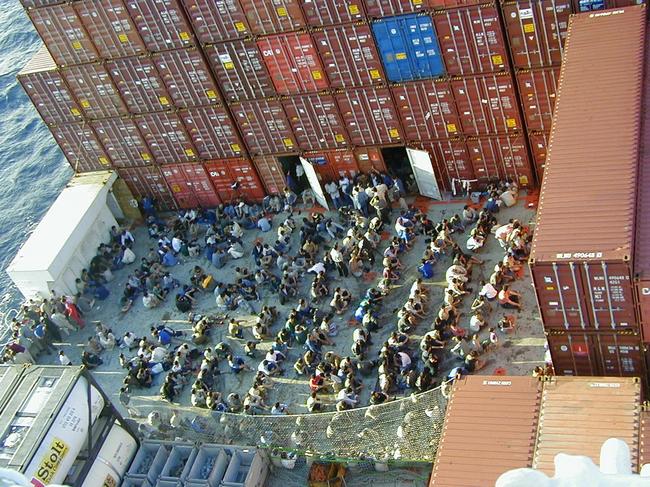
A ‘more aggressive approach’ to boat arrivals was being canvassed long before the MV Tampa rescued 433 Middle Eastern asylum-seekers.
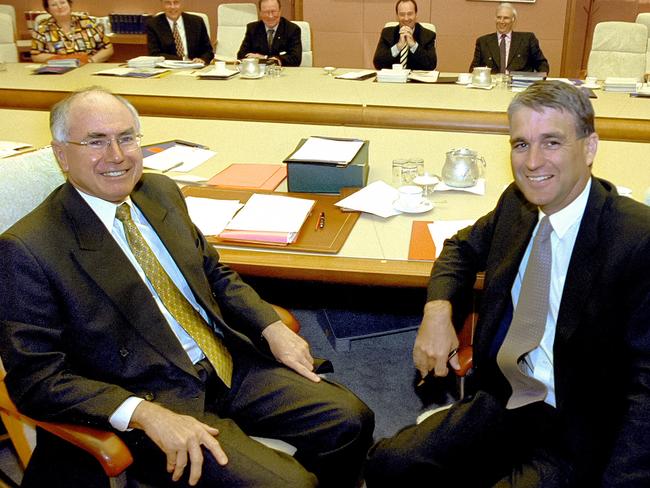
Fears of a political backlash over rising fuel prices following the introduction of the GST forced cabinet to act ahead of the November 2001 election.
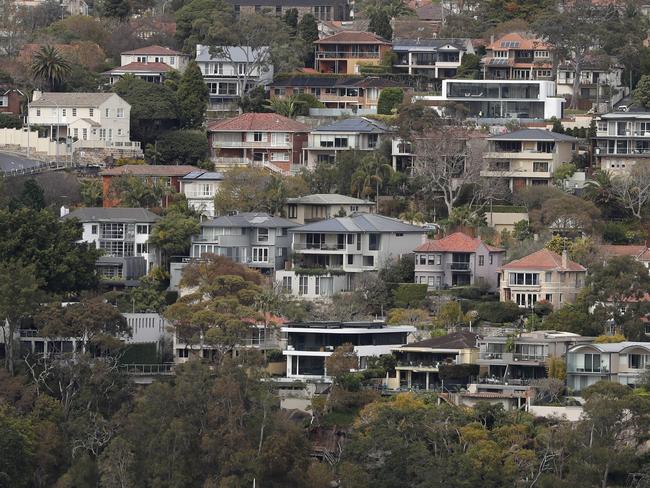
John Howard and Peter Costello have cautioned governments about introducing new cash incentives for new homeowners, despite doubling grants under the First Home Owners Scheme in 2001.
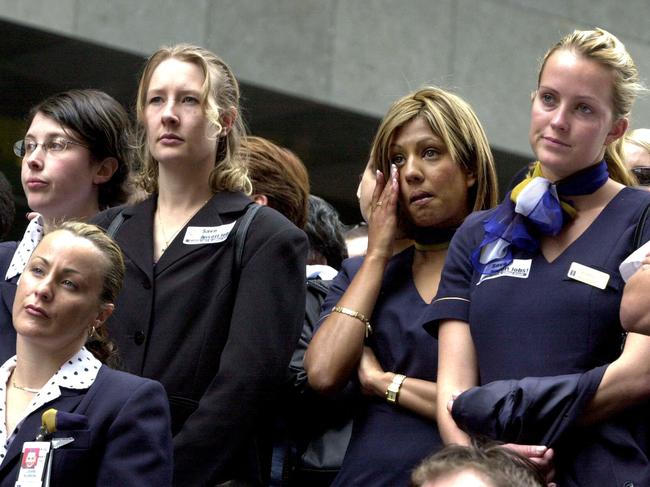
The Howard government refused to meet a long list of demands from two of Australia’s richest men derailing the sale of Ansett.
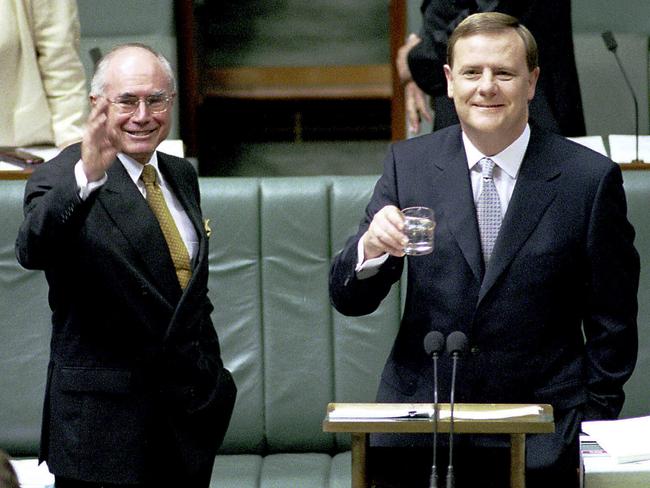
The key to getting the China relationship back on track is trust and respecting differences, say John Howard and Peter Costello.
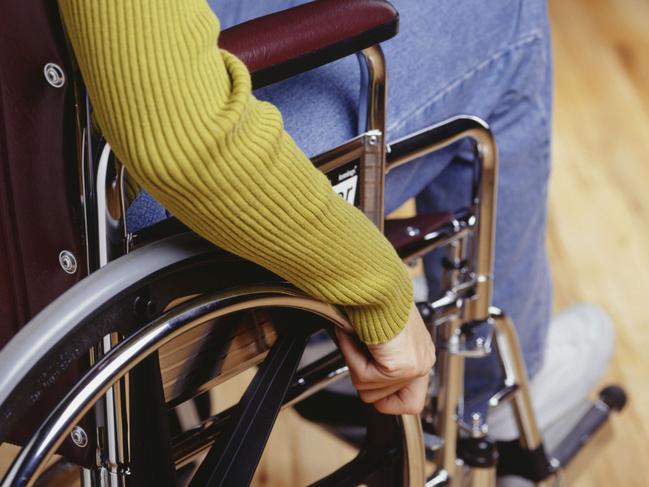
In 2000, federal cabinet approved a revised national disability strategy that removed the obligation on commonwealth organisations to prepare disability action plans.
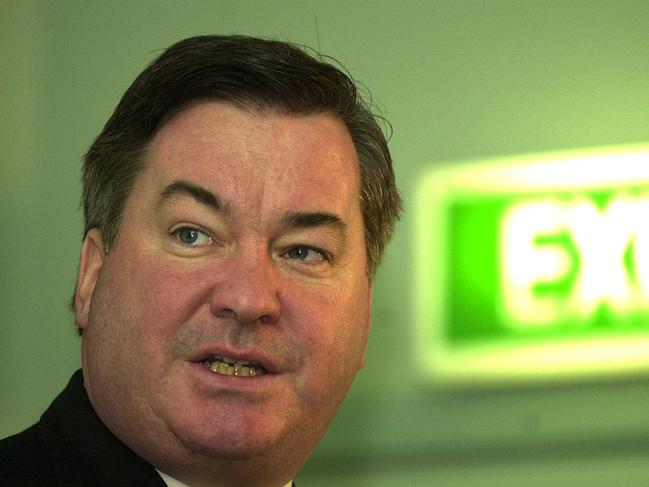
A five-year plan that aimed to eliminate the spread of HIV and ambitious proposals to increase the rural health workforce were the biggest items on the health agenda.
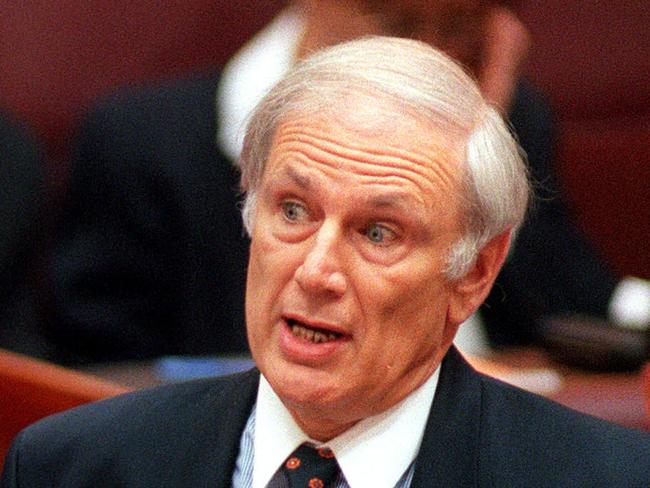
The competition watchdog was raising issues with Telstra’s planned application of the GST less than a month before the tax was due to start.
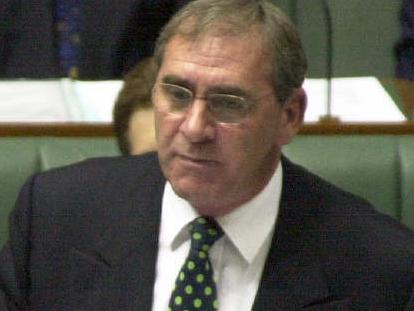
John Howard opposed the closure in February 2000 of the loss-making Employment National because it could be seen as a cut to services in the bush.
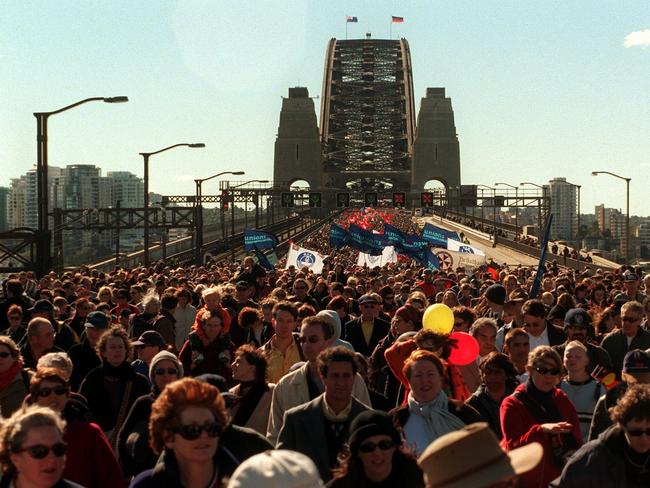
The Howard cabinet was divided over whether ministers should join the walk for reconciliation over the Sydney Harbour Bridge in May 2000.
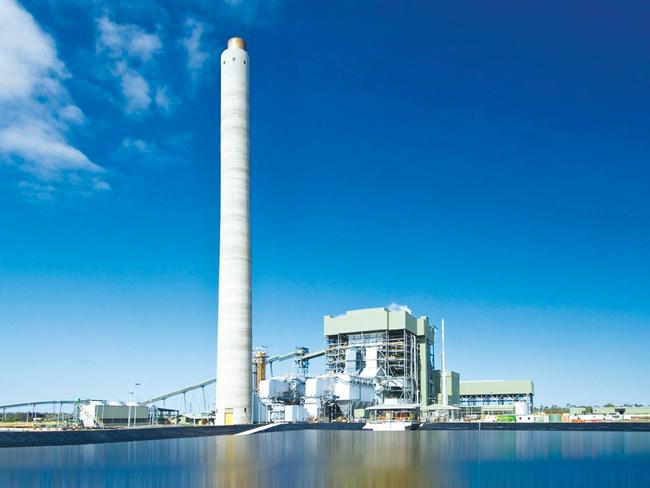
The Howard government’s commitment to an emissions trading scheme facilitated the go-ahead for two major coal-fired projects.
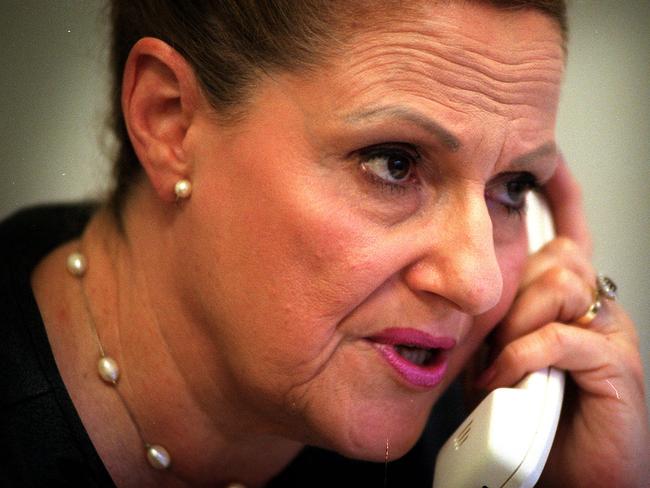
The Howard government agreed to amend the Aged Care Act in August 2000 following reports of elderly residents at a Melbourne nursing home being bathed in kerosene.
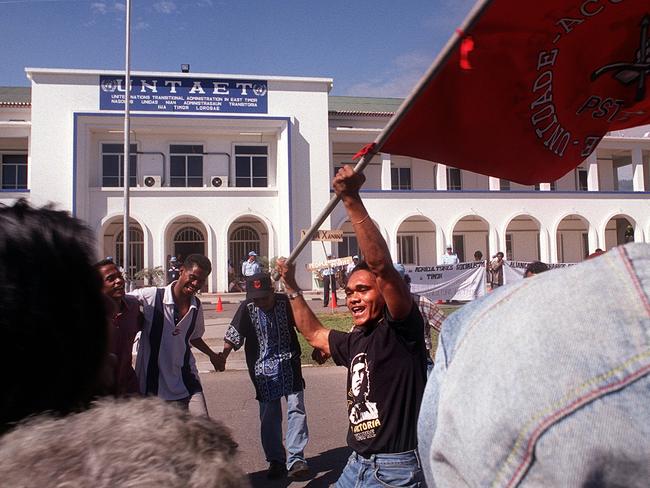
In August 2000, as the first anniversary of the Australian troop presence in East Timor loomed, the Howard cabinet needed to come up with an exit strategy.
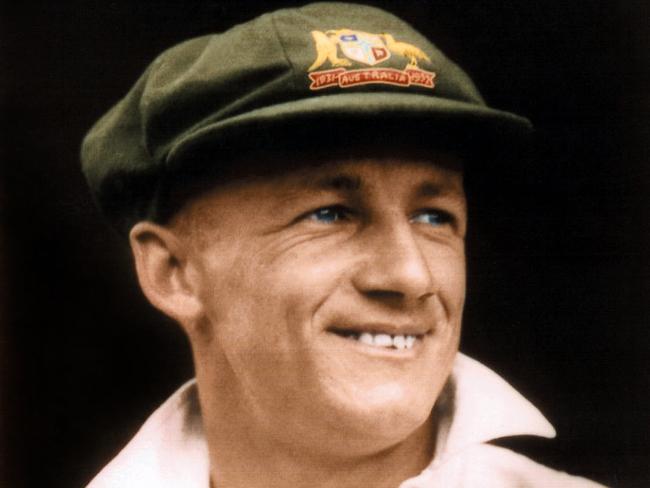
John Howard’s cabinet agreed to prohibit the exploitation of Don Bradman’s name for commercial gain after the PM was approached by the Don’s family.
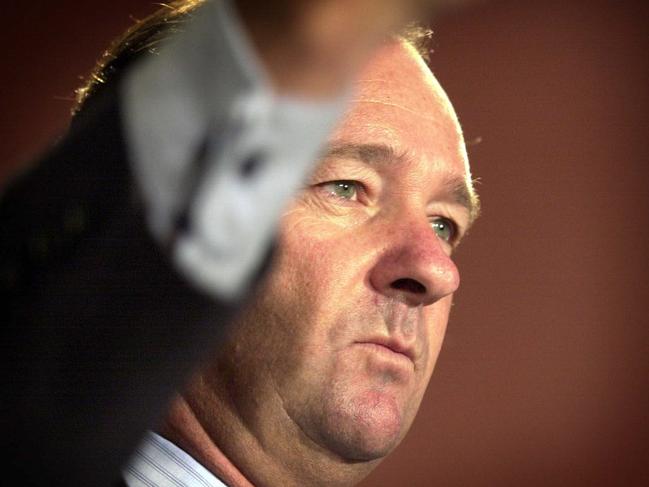
John Howard’s cabinet took key decisions to ramp up its pursuit of free-trade agreements in 2000, singling out the US and the ASEAN grouping as key markets.
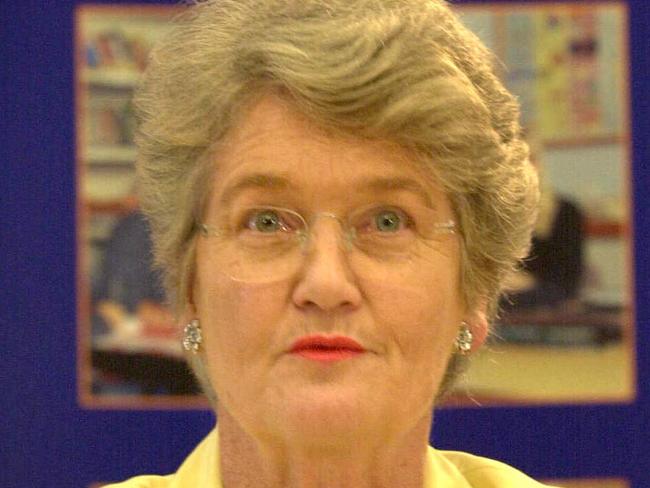
Internal government polling presented to cabinet in August 2000 revealed overwhelming public support for its plan to extend mutual obligation requirements beyond the young jobless.
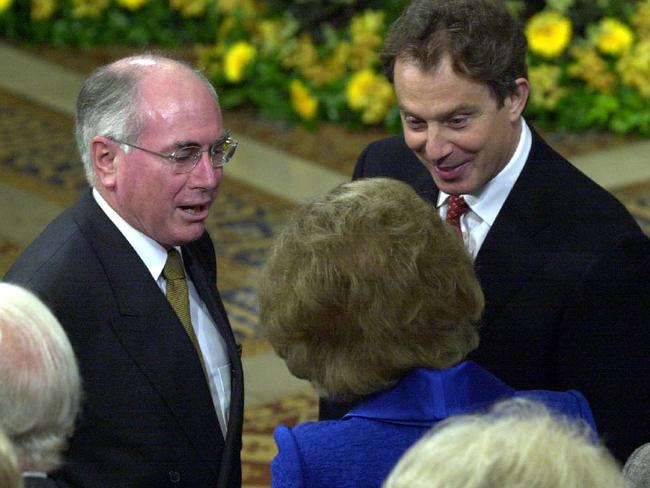
In the lead-up to the centenary of Federation on January 1, 2001, the Howard government funded an advertising campaign that embarrassed Australians.
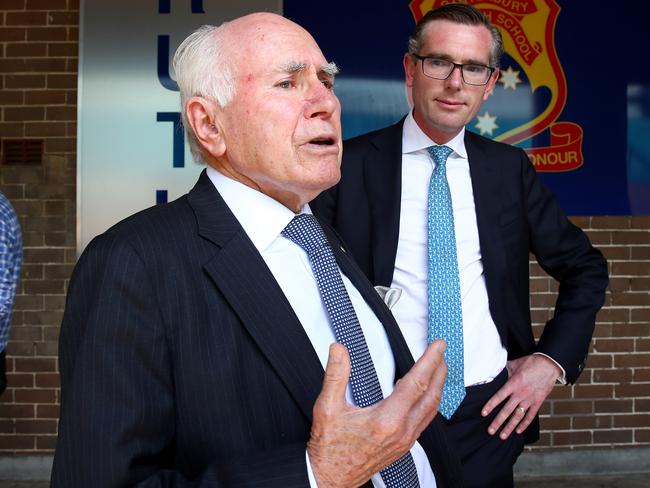
John Howard, John Anderson and Peter Costello urge the Morrison government to aim for future budget surpluses.
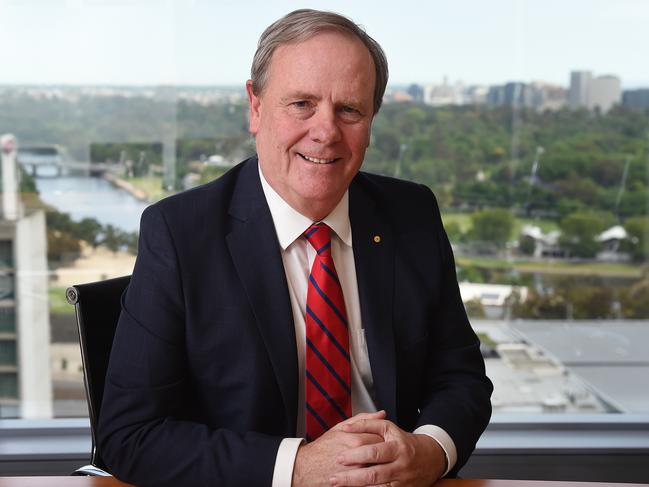
Peter Costello believes the Howard Cabinet would not have introduced the GST in its third or fourth terms because it lacked courage for bold reforms.
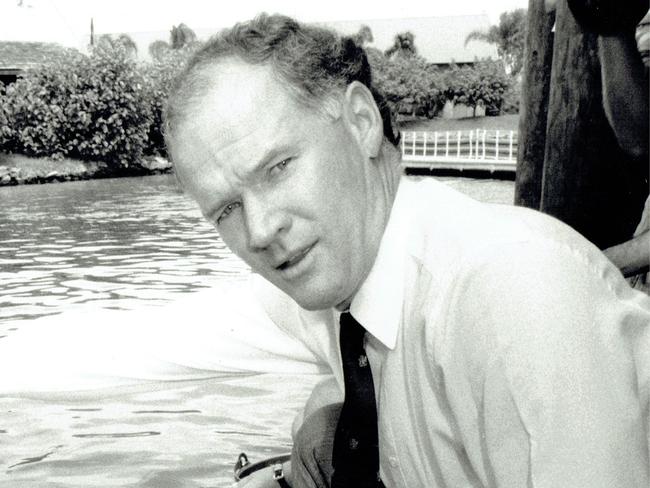
In the first year of his government in 1990, Queensland’s first Labor premier in more than 30 years made a bold prediction.
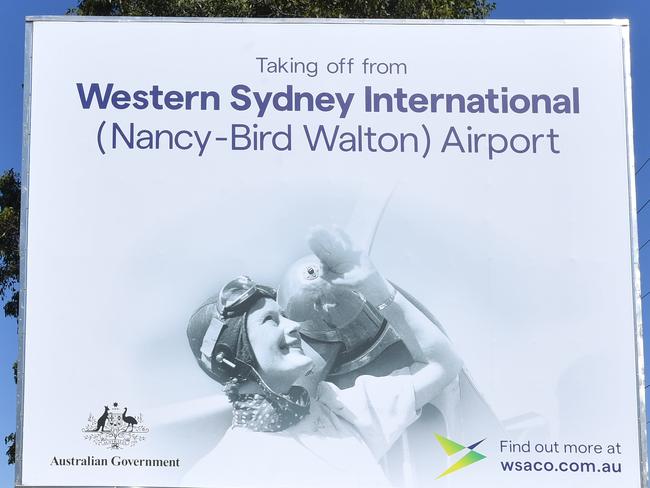
A second Sydney airport and a fast train between the NSW capital and Canberra were respectively delayed and scrapped altogether by the Howard cabinet in 2000.
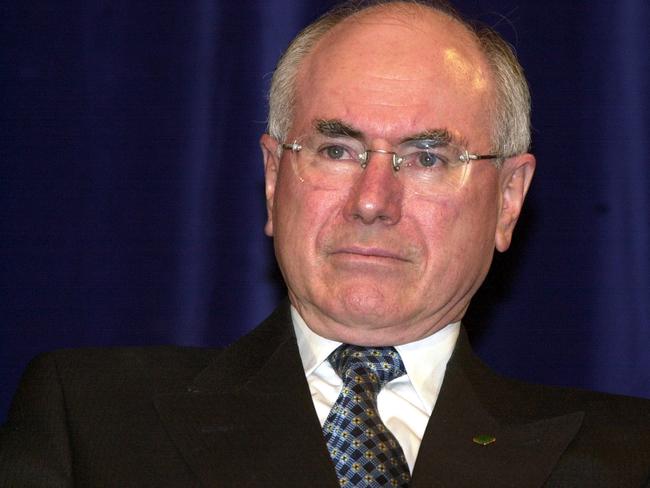
The Howard government was confronted with a growing number of frustrated asylum-seekers in immigration detention in the year 2000.

John Howard’s cabinet agreed at the turn of the millennium to look at ways industry could obtain credits for early greenhouse gas abatement as insurance against a possible ETS.
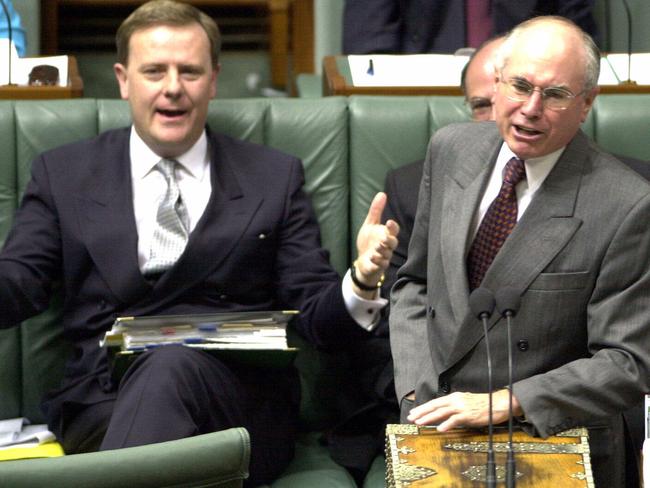
In 2000, Peter Costello still hoped that John Howard would honour an agreement to step aside from the prime ministership and facilitate a leadership transition.

The Howard government prepared for a terrorist attack on the 2000 Sydney Olympic Games.
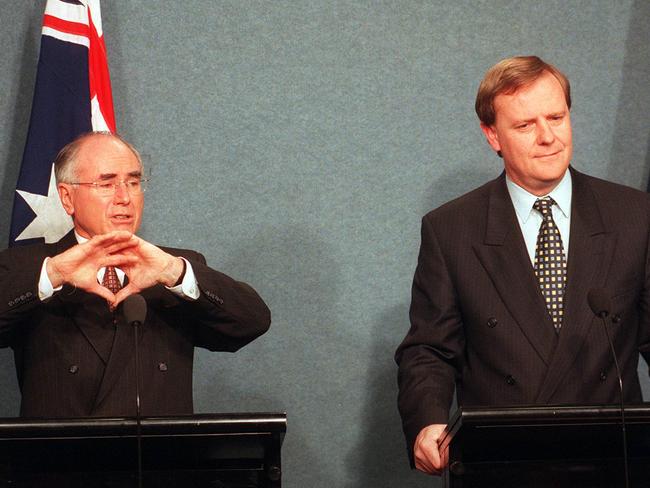
The release of cabinet papers from the late 1990s offers lessons for today’s policymakers.
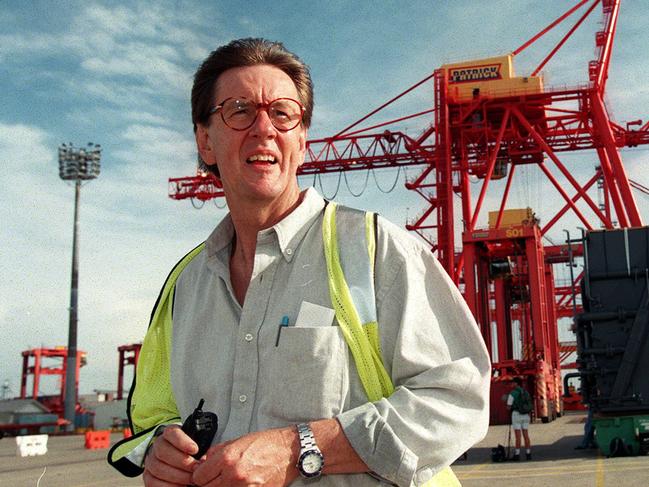
There is no mention of Chris Corrigan’s 1998 assault on wharfies in the newly released documents.
Original URL: https://www.theaustralian.com.au/topics/cabinet-papers/page/2